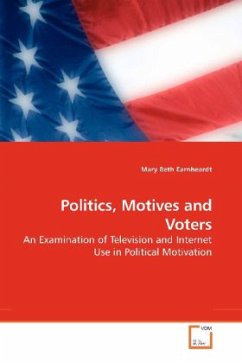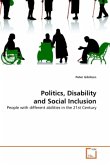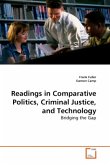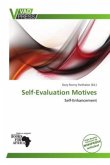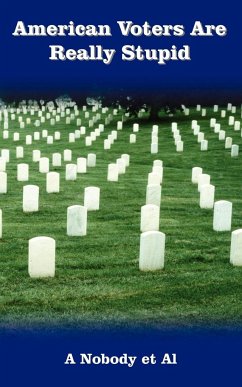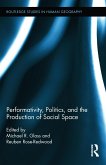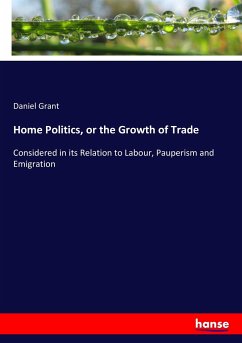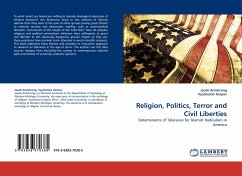Television and the Internet have created a rich media environment for political motivation. Audiences who use television are often exposed to simple messages and then offered more detail on a companion website. However, little is known about this two-step approach to information seeking and processing. This study examined the uses and gratifications of instrumental and ritualized media use and the elaboration likelihood model of message processing as they relate to political messages on television and the Internet. Several concepts were used to design a Multi-channel Political Motivation and Elaboration Model including media exposure, motives, involvement, need for cognition, and participation in political activities. The results showed that those who used both television and the Internet for political needs were more gratified than those who used only one of these channels. Those who used both the Internet and television had higher involvement and a greater need for cognition than those who used only one channel. Additional results were discussed in relation to demonstrating connections between motives and voter elaboration.
Bitte wählen Sie Ihr Anliegen aus.
Rechnungen
Retourenschein anfordern
Bestellstatus
Storno

